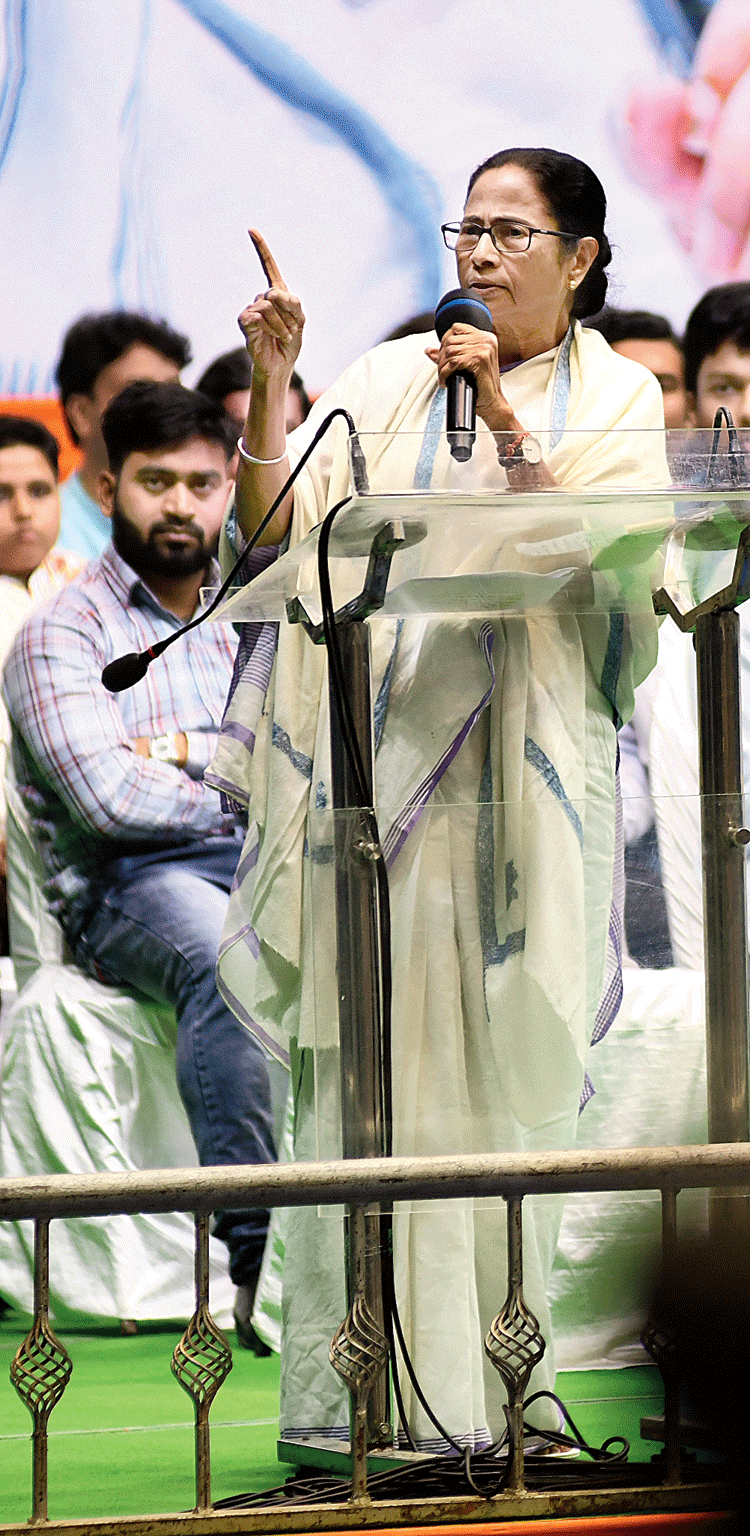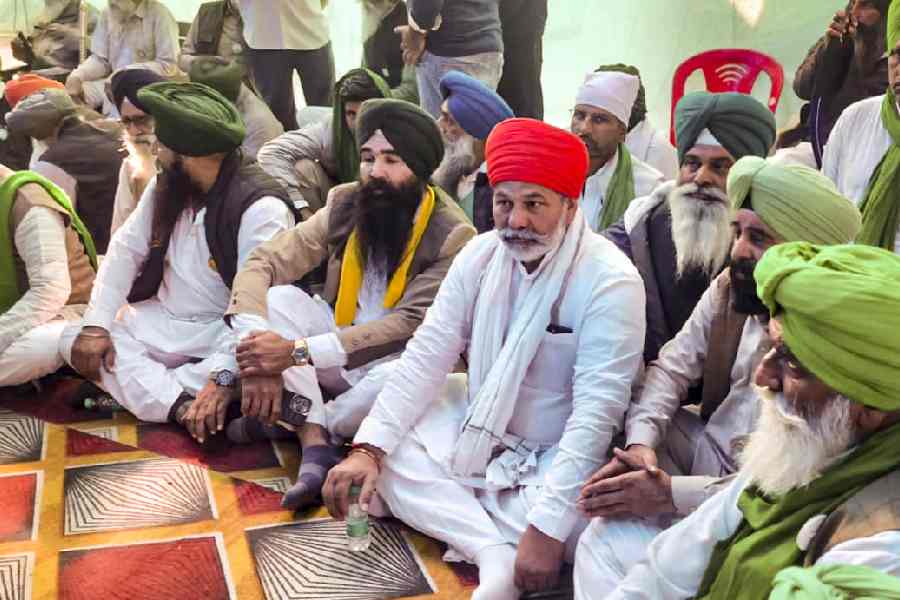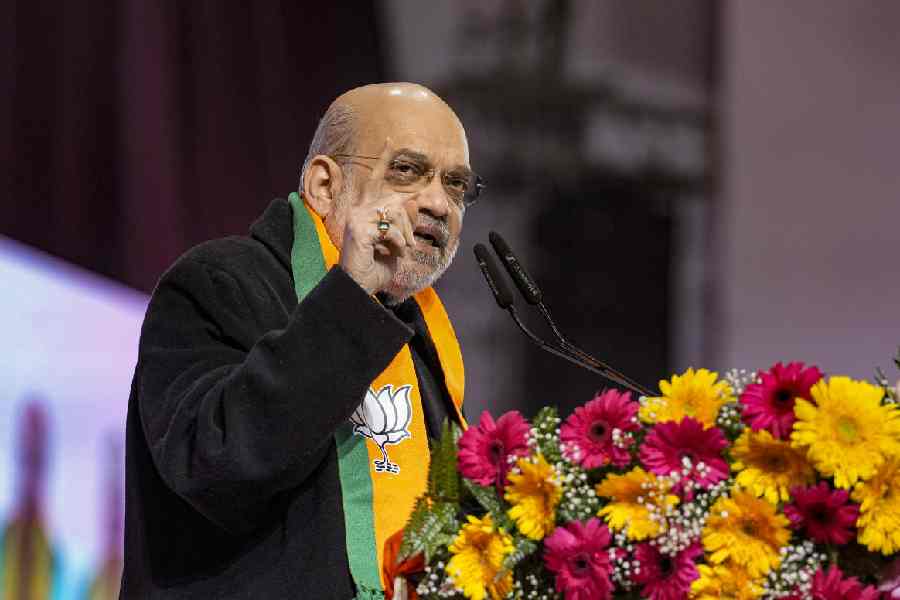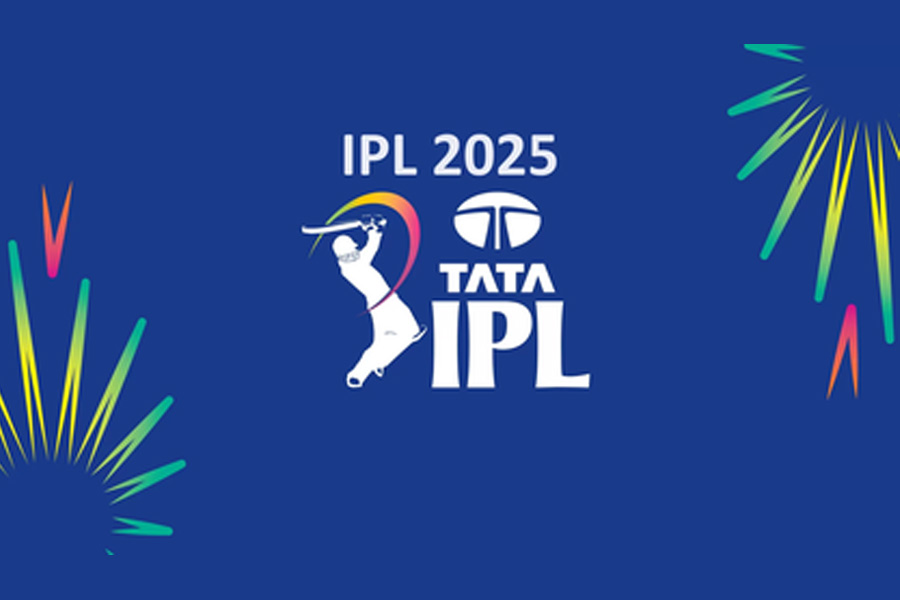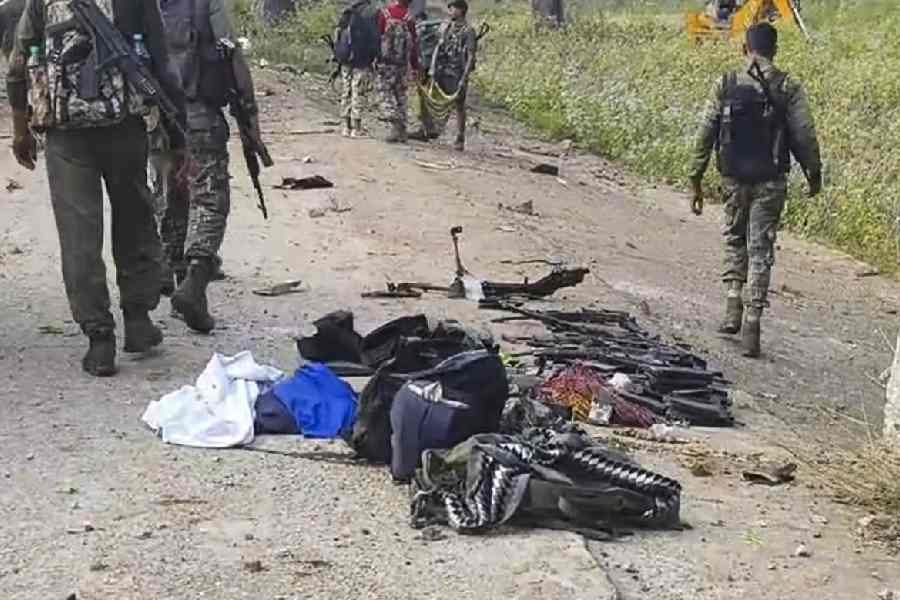Mamata Banerjee on Monday asserted that she and Narendra Modi were “not together” and repeated her appeal to all non-BJP forces to close ranks in the fight against the new citizenship matrix.
“Didi aar Modi ek noy, eta mathay rakhben (Didi and Modi are not together, keep this in mind),” the chief minister told the state Assembly.
“I kept urging you, ‘Come together, come together, let us unite’. But did you listen?” she asked midway through her 34-minute speech at the House, which adopted a resolution against the new citizenship regime. Bengal is the fourth state to do so after Kerala, Punjab and Rajasthan.
Two messages stood out during the discussions, capturing the two biggest issues confronting Mamata in recent months.
First, she emphasised there was no secret understanding between her and Modi, a perennial allegation from the Left and the Congress that had intensified after she met the Prime Minister on January 11 in Calcutta.
Second, she signalled her keenness on forming a nationwide anti-BJP platform, at a time when lack of unity is often cited as the biggest challenge facing the Opposition.
Mamata tore into the BJP’s citizenship matrix, calling it “an insult to the soul of the Constitution”, before warning the Left and the Congress against their policy of equidistance from the BJP and her in Bengal.
“Your only occupation seems to be to mislead the people and lie to them, spread canards and misinformation,” the chief minister said, pointing at Left and Congress members.
The Left and the Congress, who have an understanding in Bengal, have been building a campaign in the state on the theme that “the BJP and Trinamul are equally dangerous”.
Such a narrative, if it gains traction, may pose a threat to Mamata, who enjoys high acceptance among the minorities. She has also been counting on the support of the secular and the liberal among the Hindus.
It was clear that she sees a united front against the BJP, at least in Bengal, as the ideal scenario for her as she kept prodding the Congress and the Left to forget their differences with her and focus on the “same issues, same cause and same fight”.
“I hereby tell my friends, those who are fighting (against the new citizenship rules) are all fighting for the same issues and the same cause,” Mamata said.
Her call for unity comes at a time when several eminent personalities — among them Nobel laureate Amartya Sen — have commented on the lack of unity within the national Opposition despite the pan-India movement against the BJP and its citizenship regime.
Mamata explained, once again, how protocol and the demands of constitutional propriety had necessitated her January 11 meetings with Modi.
She asked why similar questions were not raised when Congress chief ministers extended similar courtesies.
“If the Prime Minister is coming here, is my going to meet him wrong? Why then did your (Congress) chief minister of Puducherry (V. Narayanasamy) go to receive (Union home minister) Amit Shah the very next day? Tell me: Madhya Pradesh, Puducherry… your chief ministers went. Protocol is different (from politics) — there are some constitutional obligations,” she said.
Mamata referred to the January 11 incident at Rani Rashmoni Avenue when, after her second meeting with Modi, she had to plead with folded hands before a band of youngsters demanding answers from her at her party student wing’s dharna platform.
The youngsters were chanting “Go back, Modi” and “Go back, Mamata” in the same breath.
“That day, the treatment meted out to me… (by) the young boys and girls — whoever had misled them — I said, ‘Okay, they did what they had to,’ I did not mind…. But we must understand (matters) properly,” she told the House.
Mamata also sought to address the question whether her government’s stand against the National Population Register was temporary.
“Why did we not go to the NPR meeting held by the Centre (on January 17)? We were the only state in the entire country (not to go). We showed the way for the whole nation. As Tagore said, Ekla cholo re,” she said.

